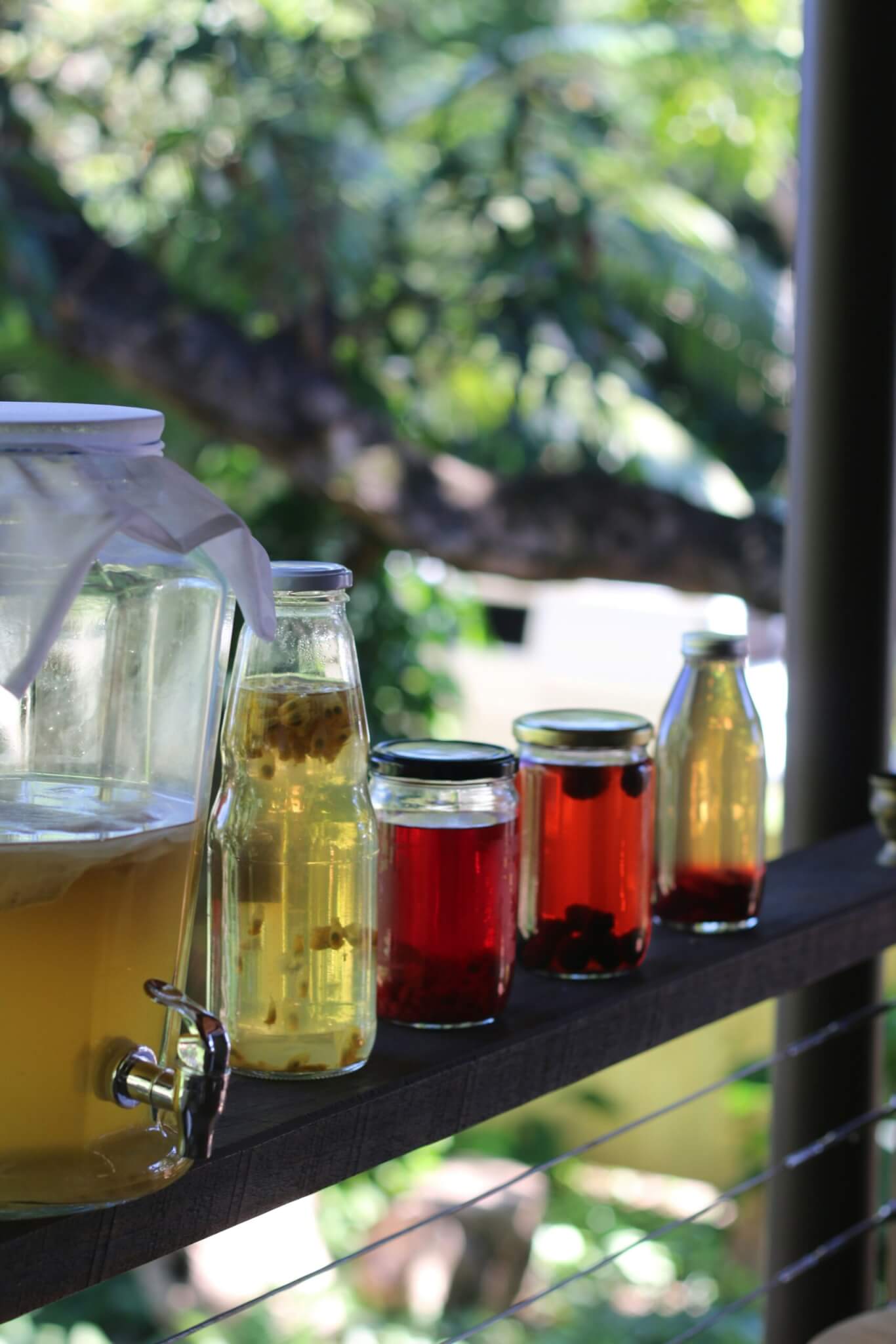Probiotics and Prebiotics: What They Are and When to Take Them
Interest in gut health has surged in Ireland in recent years, with probiotics, prebiotics, and fermented foods gaining the spotlight. While they sound similar, probiotics and prebiotics have distinct but complementary roles in supporting a healthy digestive system.
In this article, we explain what they are, how they work, and when you might consider adding them to your diet.
What Are Probiotics?
Probiotics are live bacteria and yeasts that provide health benefits when consumed in adequate amounts. Often called “good” or “friendly” bacteria, they help maintain a healthy gut microbiome — the community of microorganisms in your digestive tract that influences digestion, immunity, and maybe even mood.
Food sources of probiotics:
- Live yoghurt and kefir
- Sauerkraut, kimchi, and other fermented vegetables
- Miso and tempeh
- Certain probiotic supplements
Common probiotic strains include Lactobacillus, Bifidobacterium, and Saccharomyces boulardii.
What Are Prebiotics?
Prebiotics are non-digestible fibres that act as food for your gut’s beneficial bacteria. By feeding these probiotics, prebiotics help them grow and thrive.
Natural sources of prebiotics:
- Onions, leeks, and garlic
- Bananas (particularly when slightly green)
- Asparagus and Jerusalem artichokes
- Wholegrains like oats and barley
- Legumes such as lentils and chickpeas
There is no guideline for how much prebiotics to eat, but including a wide variety of plant based foods will help to support a healthy gut.
Do You Need Probiotics or Prebiotics?
For many people in Ireland, a varied, fibre-rich diet containing fruit, vegetables, legumes, and fermented foods is enough to support gut health. However, certain situations may call for supplementation.
When Probiotics May Help
- After antibiotics: Antibiotics can disrupt your gut microbiome. Taking probiotics during or after your course may help restore balance.
- Traveller’s diarrhoea: Strains like Saccharomyces boulardii may help prevent or reduce symptoms.
Irritable Bowel Syndrome (IBS): Some probiotic strains can help with bloating and diarrhoea, but effectiveness depends on the individual and the specific strain used. - Vaginal or urinary health: Certain strains can support vaginal microbiome balance and reduce infections.
Tip: Always choose a probiotic with a strain and dose supported by clinical research. “Probiotic” is not a one-size-fits-all term — strain selection is key.
What to Look for in a Probiotic Supplement
If you are considering a supplement:
- Check the strain name and CFU count (colony-forming units). Higher is not always better — the correct strain and dose matter more.
- Ensure it is stored as directed — some require refrigeration.
- Buy from reputable brands that provide scientific evidence for their claims.
Final Thoughts on Gut Health
You don’t need to follow every gut health trend to support your digestive system. For most people in Ireland, a balanced, plant-rich diet is the best way to nurture your gut microbiome. However, if you experience digestive symptoms, have recently taken antibiotics, or simply want to optimise your gut health, targeted advice can make all the difference.
At Webdoctor, you can:
- Book a consultation with a CORU-registered dietitian — no GP referral, no waiting list.
- Get personalised, evidence-based dietary guidance tailored to your needs.
- Access convenient online appointments from the comfort of your home.
If you’re unsure whether probiotics, prebiotics, or dietary changes could help, take the first step today — book your online consultation and get a plan that works for you.




